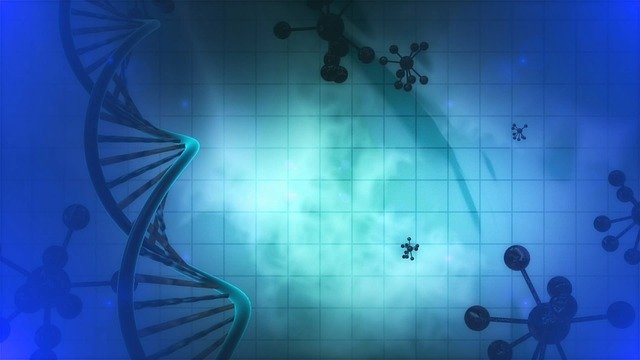Many cases of ovarian cancers arise from the epithelial cells of the ovary and fallopian tube. The epithelial ovarian cancer is not a single entity disease but rather are several subtypes, each with its distinct genetic and biological backgrounds. This diversity determines the clinical outcome of the disease, where the patients respond differently to the same treatment and sometimes even different prognosis.
For the past three decades, the standard treatment for advanced epithelial ovarian cancer is chemotherapy, commonly used platinum-based drugs (PT). Though the majority of the patients achieve complete remission, there are cases who might experience recurrence due to acquired resistance to platinum-based drugs. Cellular diversity in tumors and the microenvironment can lead to chemoresistance. Overcoming PT resistance is one of the major challenges faced in ovarian cancer research.
Over the years, many experiments have been conducted to identify the particular genes responsible for the mechanism directly associated with the PT resistance. PT resistance is linked to several alterations such as drug inactivation, transport, DNA repair, and apoptosis. Among the general pathways, researchers have also observed autophagy has shown to confer with the metabolic plasticity which is necessary to grow and survive in therapy-induced stress.
Autophagy is a dynamic catabolic process that aids in the formation of double-membrane vesicles also known as autophagosomes. They help in engulfing cellular proteins and organelles and deliver them to the lysosome. When autophagosomes merge with lysosomes, the contents are degraded and help in fueling the metabolic pathways.
In this study, the authors began a mission to find the genes responsible for the PT- chemoresistance. A loss of function screening was performed and unveiled that serum- glucocorticoid- kinase 2 (SGK2) as a novel modulator of platinum-based drug sensitivity. SGK family constitutes three isoforms: SGK1, SGK2, and SGK3. Most of the studies revolving around the SGK family, mention its role in the development of human diseases in cancer and in cellular physiology. SGKs were initially identified as regulators, and pumps in the context of epithelial cells ion transport. The study further demonstrates the previously unrecognized role of SGK2 in platinum based drug sensitivity exerted by the autophagic reflux.
Starting from identifying SGK2 as a druggable modulator, the study characterized the role of autophagy as an escaping strategy activated by the cancer cells to resist PT treatment. The study later demonstrated that pharmacological or genetic inhibition of the isotype SGK2 could potentially block the autophagic process stimulated by the PT treatment. This evidence throws light on the possibility of developing new anticancer strategies on drug repositioning. Overall the study proves that SGK2 kinase controls the PT induced cell death in epithelial ovarian cancer by inhibiting autophagy.

